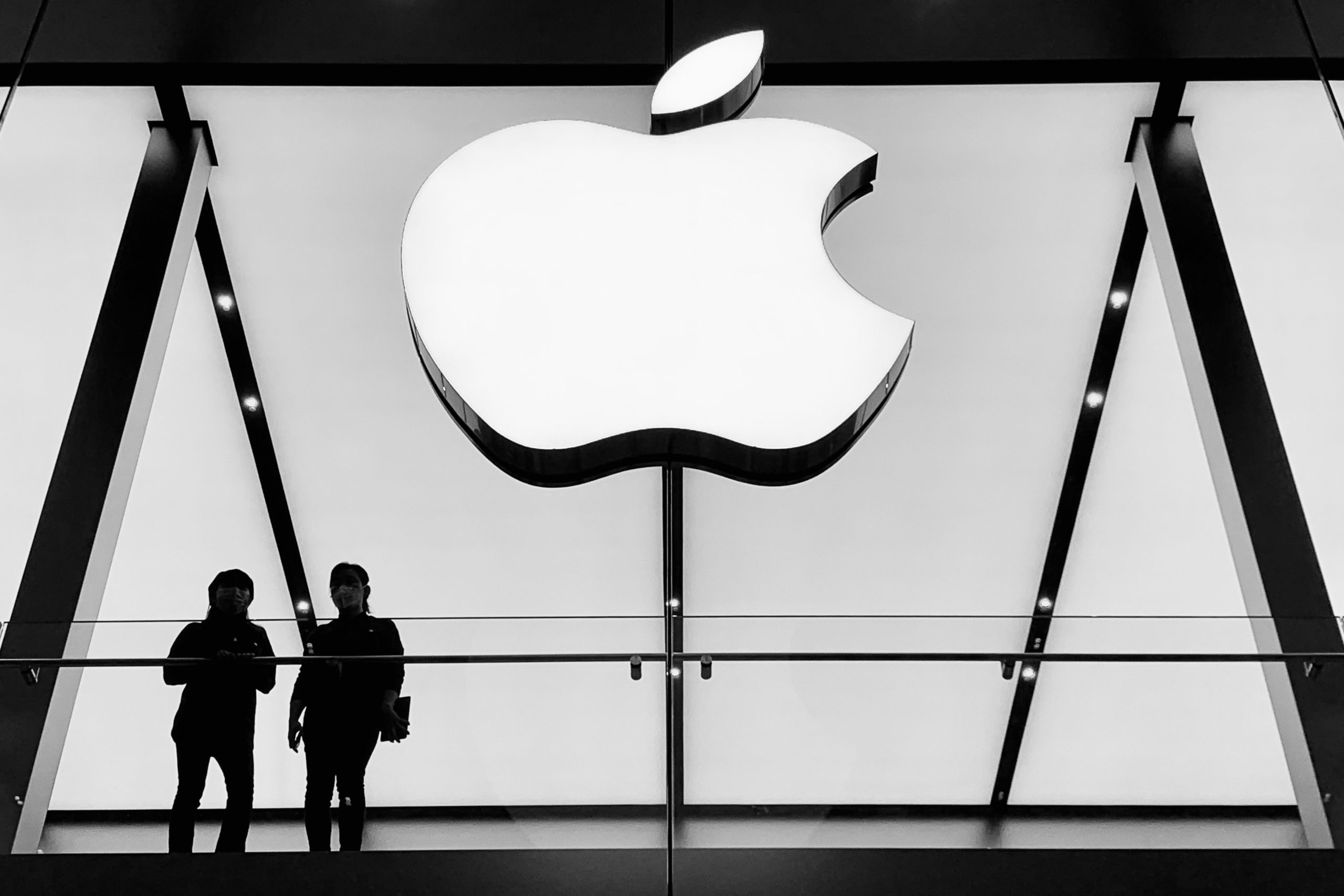Earlier in 2021, Apple tightened privacy controls through an update to its iOS operating system. The news created alarm among advertisers and ad platforms (notably, Facebook) who said they believe Apple is hurting their ability to serve up effective and relevant advertising. So, what’s happened since then? Let’s take a closer look at the aftermath of Apple’s controversial decision.
Apple Announces Application Tracking Transparency
The privacy control that Apple launched is known as Application Tracking Transparency (ATT). ATT requires apps to get the user’s permission before tracking their data across apps or websites owned by other companies for advertising, or sharing their data with data brokers. Apps can prompt users for permission, and in Settings, users will be able to see which apps have requested permission to track so they can make changes to their choice at any time.
When Apple previewed ATT in 2020, Facebook led an angry protest from advertisers who were upset that the new opt-in program would result in plunging ad revenues and less relevant advertising resulting from a loss of personalization. Facebook argued that ATT would be unfair to the many small businesses that rely on Facebook.
The Impact of Application Tracking Transparency
So, what has happened since ATT went live? So far, here are the major developments:
- Users reject tracking. As many as 96 percent of users in the United States are opting out of having their behavior tracked. Those high opt-out rates out do not kill advertising at all. In fact, businesses that have amassed proprietary first-party user data should continue to provide relevant ads. But businesses that rely on tracking behavior across the web will need to accept the reality that their ads are less targeted.
- Advertisers flee Apple. Many advertisers are not waiting to discern the potential impact of ATT. According to The Wall Street Journal, prices for mobile ads directed at iOS users have fallen, while ad prices have risen for advertisers seeking to target Android users. That’s because a number of businesses are shifting their ad budgets to the Google Android operating system and away from Apple’s iOS. This shift does not affect Apple because Apple collects no ad revenue from third-party iOS apps. We do not yet know how Google may benefit from the shift (and Google does rely on ad revenue heavily).
- No impact on Facebook – so far. Facebook announced its second-quarter 2021 earnings on July 28. The company’s ad revenues showed no sign of slowing down and beat Wall Street expectations: $29.08 billion, vs. $27.89 billion as expected by analysts, according to Refinitiv. Facebook said advertising revenue growth in the second quarter of 2021 was driven by a 47 percent year-over-year increase in the average price per ad and a 6 percent increase in the number of ads delivered. But Facebook has not backed off from its position that ATT is going to hurt the company and advertisers. The company lowered is earnings outlook for the third quarter partly because the company believes ATT’s impact has yet to be felt. In its earnings announcement, Facebook said, “We continue to expect increased ad targeting headwinds in 2021 from regulatory and platform changes, notably the recent iOS updates, which we expect to have a greater impact in the third quarter compared to the second quarter.”
- Twitter shrugs off ATT. Twitter, like Facebook, says it has not been affected by ATT (so far). In its latest quarterly earnings, Twitter showed robust revenue growth. Twitter also said that the impact of ATT was lower than expected. And Twitter is more optimistic about the potential impact of ATT going forward. In its earnings announcement, Twitter said, “We continue to expect total revenue to grow faster than expenses in 2021 — assuming the global pandemic continues to improve and that we continue to see modest impact from the rollout of changes associated with iOS 14.5.”
What Advertisers Should Do
- Examine your ad performance. Examine the effectiveness of your advertising on iOS. Have you lost your ability to bid on ads because of users opting out of being tracked? Is your ad performance actually slipping? If you work with an agency to manage your ads, ask them for a complete report. And then examine your performance throughout 2021. If you see a noticeable slide, then adapting your spend to Android may make sense, but if your performance is only marginally affected, remember that your competitors are probably experiencing the same outcome.
- Consider tapping into your own first-party data more effectively to create ads (and True Interactive can help you do so). For example, collect more first-party data by using cookies to understand who visits your site; or run a promotion that collects email addresses. Collect purchase data if applicable to your site.
- Consider relying on advertising platforms such as Amazon and apps such as Snapchat that have strengthened their own ad products through their own proprietary first-party data.
- If you rely heavily on Facebook as an ad partner, heed Facebook’s detailed advice for adapting to ATT (or ask your agency partner to do so).
At True Interactive, we’re doing the heavy lifting to help our clients navigate these changes. Bottom line: be ready to adapt. But don’t panic.
Contact True Interactive
To succeed with online advertising, contact True Interactive. Read about some of our client work here.
Photo by Zhiyue Xu on Unsplash
For More Insight
“Apple Announces New Privacy Features,” Mark Smith.
“The Facebook Spat with Apple: Advertiser Q&A,” Taylor Hart.
“Google Responds to Apple’s App Tracking Transparency,” Taylor Hart.
